Priorities include combating IUU fishing, boosting climate change resilience and reducing food waste across the value chain
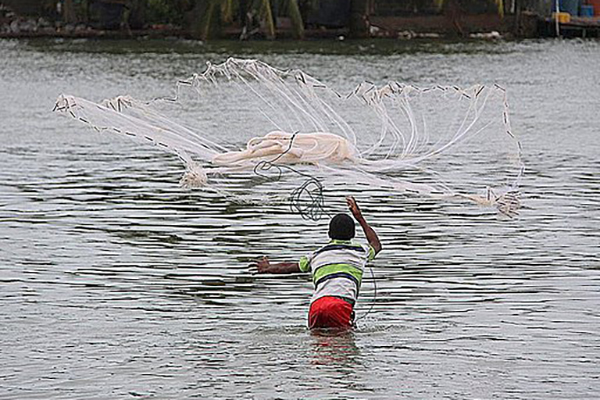
The Food and Agriculture Organization of the United Nations (FAO) with financial assistance from the Norwegian Agency for Development Cooperation (Norad) is providing technical support to develop fisheries and aquaculture in Sri Lanka.
“Fisheries and aquaculture contribute immensely to food security, livelihoods and economic development,” said Trine Jøranli Eskedal, Norwegian Ambassador to Sri Lanka and the Maldives. “It is crucial to protect fisheries and the abundant resources of this country. This new project aims to safeguard the fisheries and aquaculture resources in Sri Lanka, which is timely and important.”
More than 50 percent of animal protein requirements of Sri Lankans are obtained through fish consumption. However, the fishery industry in Sri Lanka is experiencing challenges due to the increase in fuel prices, production costs and prices of fish. Rising fish prices have negatively impacted the affordability of fish and fisheries-related products, particularly for low-income groups.
“Finding ways of reducing fish loss and waste and reducing production costs by introducing energy-efficient fishing vessels and use of alternative energy sources has been a challenge,” said Jayantha Chandrasoma, Secretary to the State Ministry of Fisheries. “With the support provided by FAO and Norway, we will be able to address some of these key issues confronted by the fisheries industry.”
Vimlendra Sharan, FAO Representative for Sri Lanka and the Maldives, highlighted that fishers have been struggling to keep their livelihoods afloat amidst numerous challenges, such as climate variabilities and the COVID-19 pandemic. Now, they are now seeing their profession rocked by the impacts of the economic crisis.
“FAO works to increase the resilience of people and their livelihoods in the face of threats and crises,” said Sharan. “To weather these difficult times and enable the long-term continuity of the fisheries and aquaculture sector, it is imperative to build institutional capacities that protect small-scale fishers who play a big role in feeding their families and the nation.”
Eat the whole fish: A discussion of culture, economics and food waste solutions
The FAO-Norad global collaboration will work with the Ministry of Fisheries on three focus areas in Sri Lanka: develop capacities to implement robust Port State Measures to combat illegal, unreported and unregulated (IUU) fishing; increase the resilience of the fisheries and aquaculture sector to climate change; and reduce food loss and waste along the fisheries value chain in Sri Lanka.
The project will support policymakers and management experts, trade and industry experts, fishers, fish farmers and fish workers. It is aimed at enhancing the socio-economic development of the fisheries and aquaculture sector through the responsible use of fisheries resources.
Follow the Advocate on Twitter @GSA_Advocate
Now that you've reached the end of the article ...
… please consider supporting GSA’s mission to advance responsible seafood practices through education, advocacy and third-party assurances. The Advocate aims to document the evolution of responsible seafood practices and share the expansive knowledge of our vast network of contributors.
By becoming a Global Seafood Alliance member, you’re ensuring that all of the pre-competitive work we do through member benefits, resources and events can continue. Individual membership costs just $50 a year.
Not a GSA member? Join us.
Author
-
Responsible Seafood Advocate
[103,114,111,46,100,111,111,102,97,101,115,108,97,98,111,108,103,64,114,111,116,105,100,101]
Tagged With
Related Posts
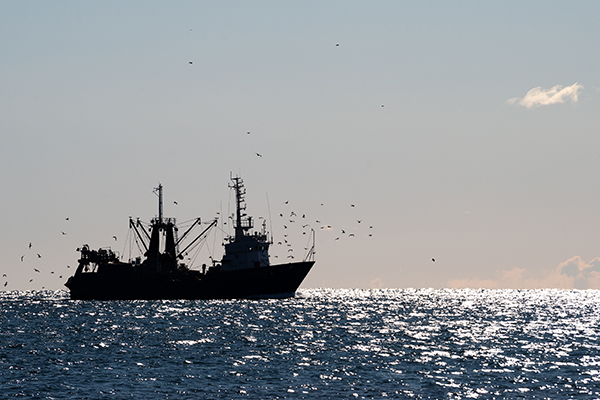
Fisheries
Stanford researchers launch IUU fishing and labor abuse risk tool
Stanford University-led research finds that more than 50 percent of assessed ports are associated with risk of labor abuse or IUU fishing.
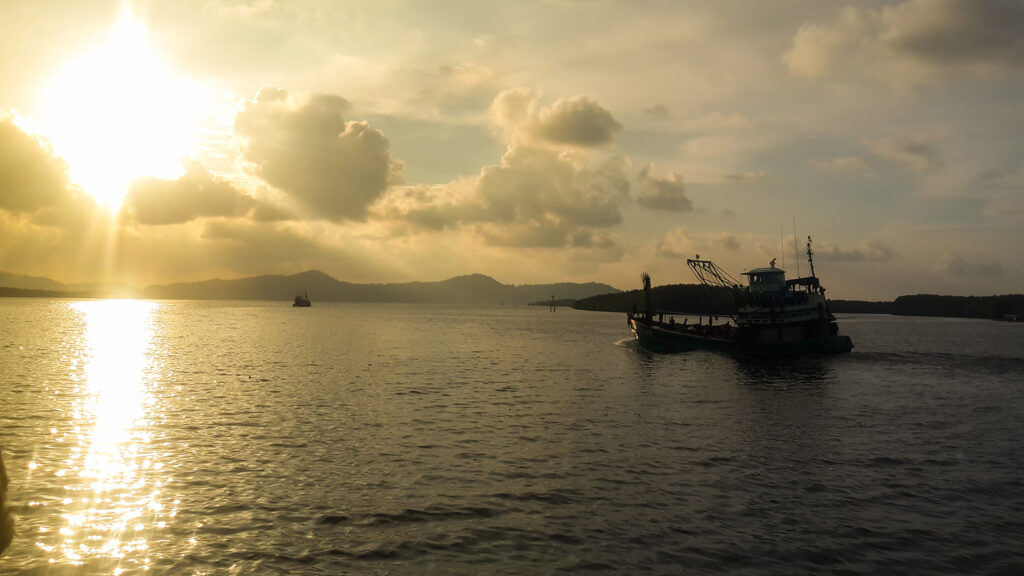
Fisheries
Can a data-sharing tool eliminate IUU fishing and make seafood supply chains more reliable?
The Sustainable Fisheries Partnership’s new data-sharing tool helps users identify environmental risks and eliminate IUU fishing in seafood supply chains.
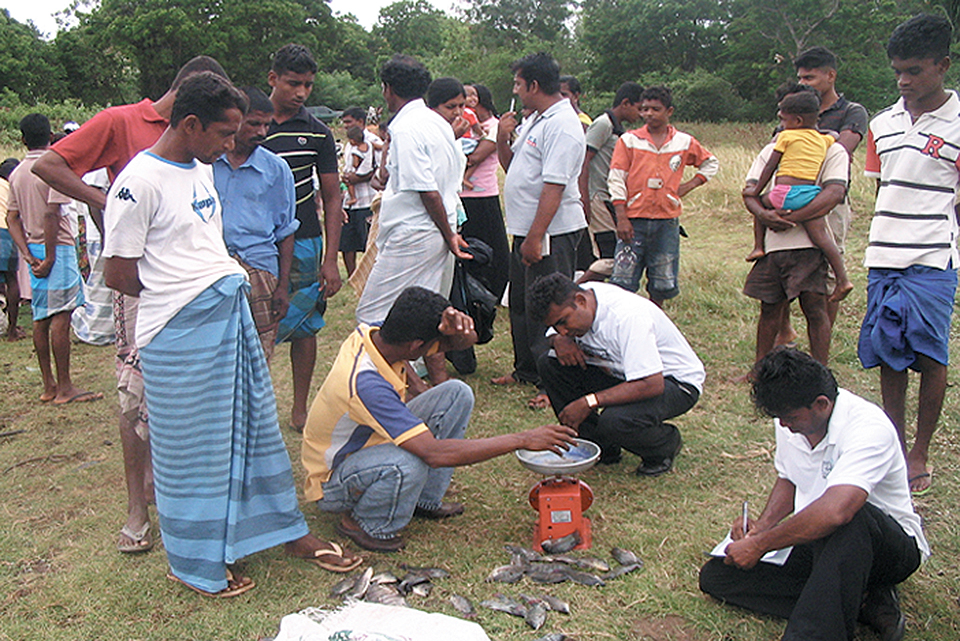
Responsibility
GIFT tilapia raise culture efficiency in Sri Lanka
The wide distribution and ongoing improvement of GIFT tilapia in Sri Lanka is raising living standards and employment for women in rural areas.
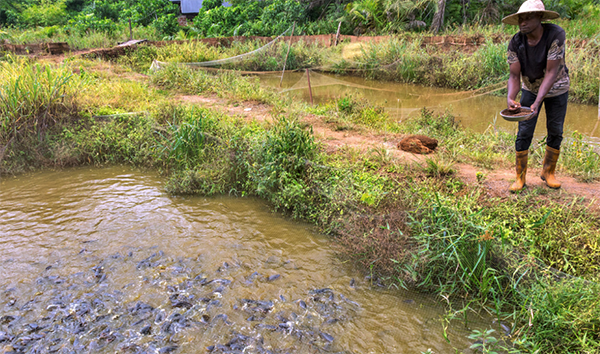
Responsibility
Norway pledges $5 million for IFAD aquaculture projects in East Africa
The Norwegian Agency for Development Cooperation (NORAD) has committed $5 million to support IFAD aquaculture projects in East Africa.



